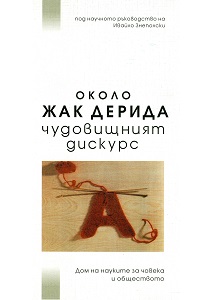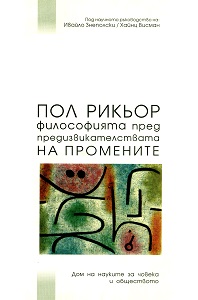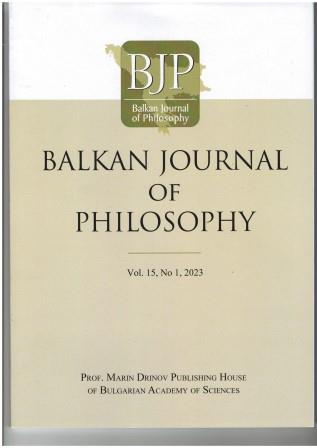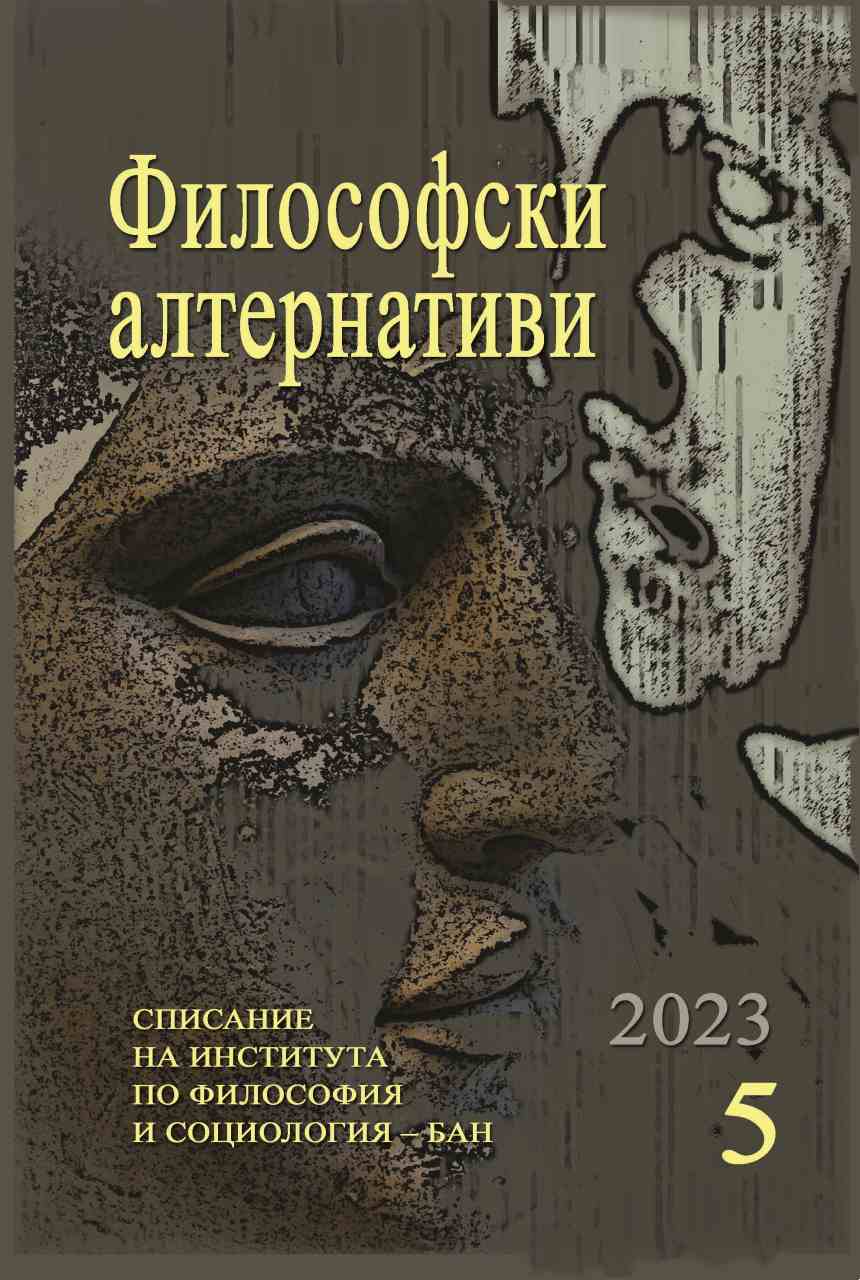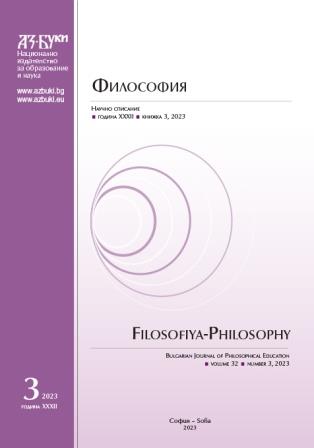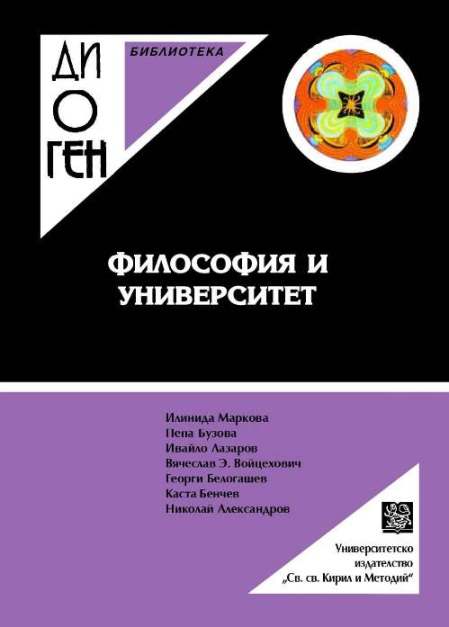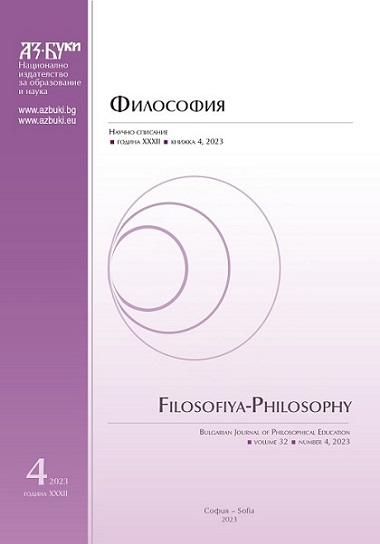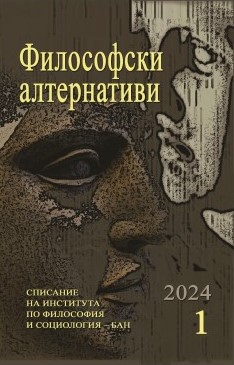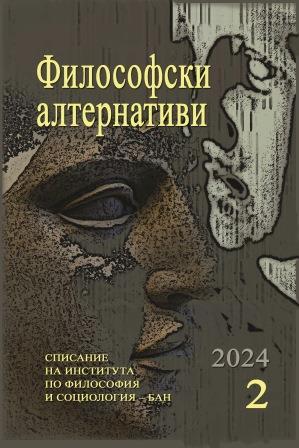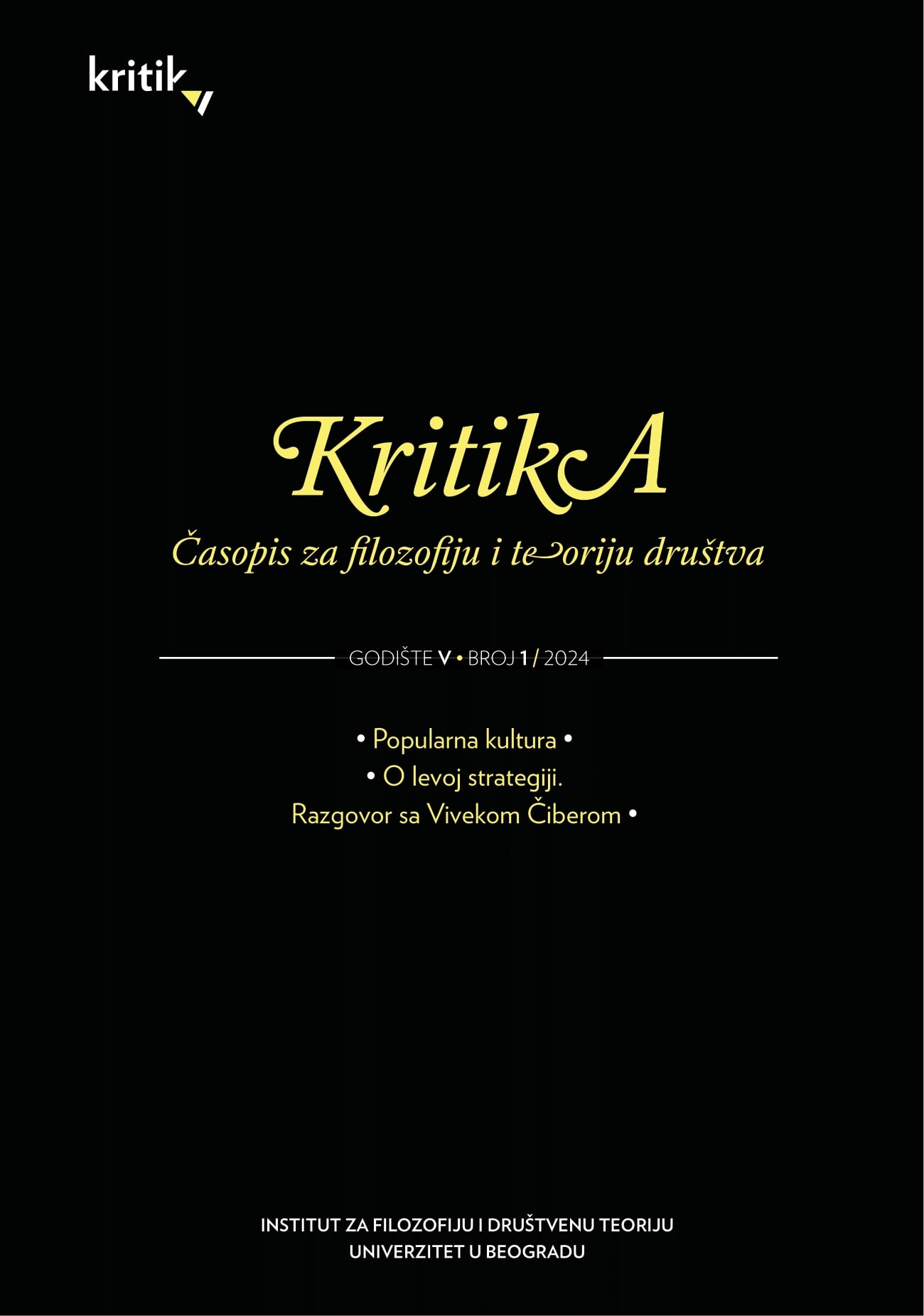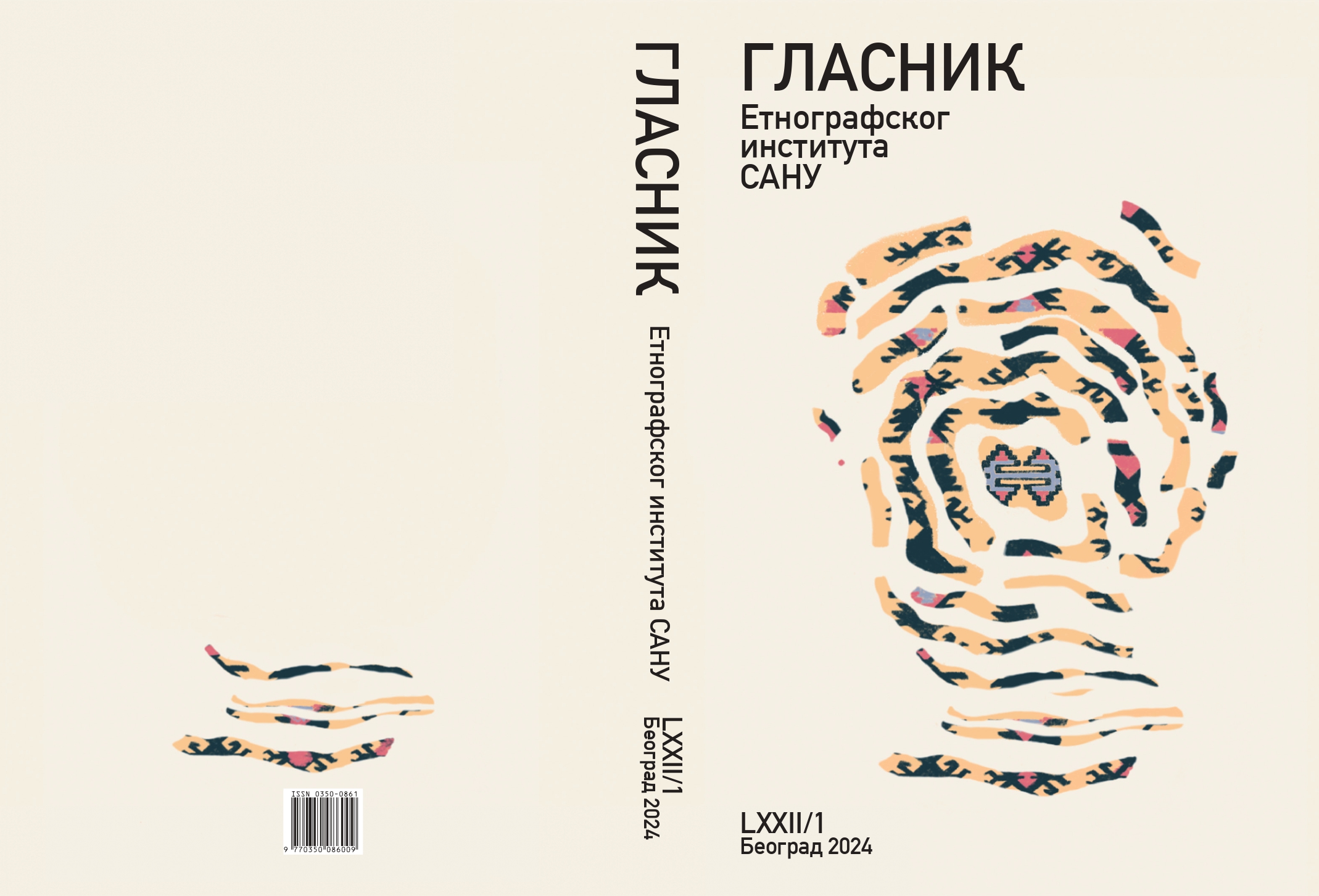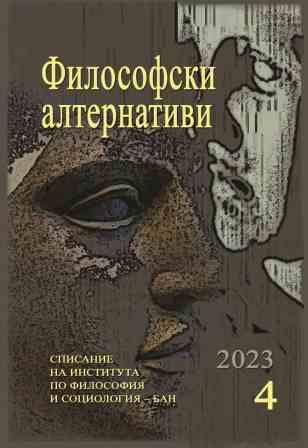
Whence Does Good Come? Notes on Plato’s Moral Psychology
In my study, I investigate some questions related to Plato’s discussion of the origins of Evil in the individual’s soul and of the possible solutions to the presence of Evil in it. The lack of the correct equilibrium between the parts of the soul exposes the individual to the moral degeneration; conversely, exclusively the correct equilibrium between the parts of the soul leads the individual to the correct composition between the parts of the soul. In particular, exclusively the development of the rational part of the soul, and its consequent leadership over the other parts, brings the indivi-dual to the right formation of the soul. The development of the rational part of the soul will not come about by itself: it needs an appropriate education, which can be reached only after a long and difficult process. The development of the rational part of the soul can be reached only through the disciplines preparing the philosophical education and through the philosophical education itself. The development of the rational part of the soul brings the individual nearer to the dimension of Being, thus opening for the individual a new dimension of experience, of knowledge and of life. At the same time, the philosophical education diminishes the attention of the individual’s soul for the dimension of Becoming. The cultivation and strengthening of the rational part bring about a progressive diminution of the force of the other parts of the soul, in particular, of the appetitive part of the soul. I concentrate my analysis on passages of Plato’s Republic.
More...
